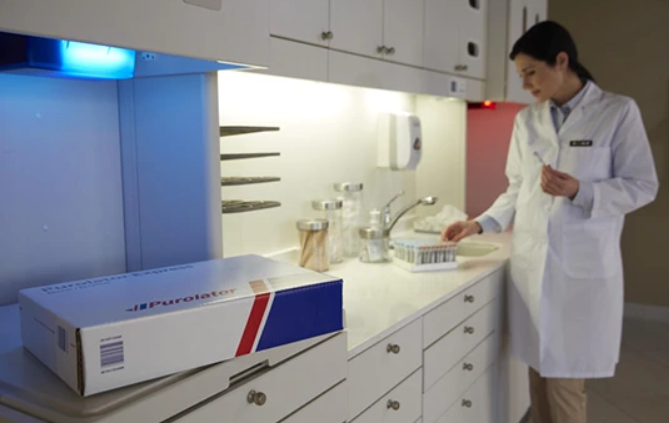
The UK pharmaceutical industry is misusing 11,400 weeks of management time every year by failing to adopt best practice recruitment processes, according research carried out by Randstad Inhouse Services.
The analysis shows that managers who are engaged in staff recruitment using traditional techniques are typically spending an average of 30% of their time on the recruitment process when they need to hire new employees.
The findings, based on improvements delivered to pharmaceutical clients via the provision of workforce management solutions, show the scale of the challenge. For instance, a re-structure of the recruitment process at BPL, a manufacturer of life-saving blood plasma products, decreased the proportion of managers’ time taken up with recruitment from 30% to just 5% in the space of four months.
There are currently 73,000 people involved in the pharmaceutical industry in the UK. With staff turnover currently sitting at about 4.5% per year and overall headcount growing at a long term rate of roughly 0.9% per annum, approximately 4,000 people are being hired across the industry every year. With 30% of a manager’s time being spent on hiring, more than 11,400 weeks of management time is non-productive every year.
Pharmaceutical companies updating their recruitment practices can see successful candidates in their roles on average six weeks sooner after the introduction of specialist recruitment partner. Traditional processes see roles filled within approximately 19.5 weeks; this can fall to 13.5 weeks with onsite recruitment management support. Based on the average estimated number of hires across the pharmaceutical industry unnecessary delays in hiring new staff totalled 23,600 weeks ‘ or 450 years. These delays will often occur when staff are most needed, putting extra pressure on the existing workforce.
Sally Cleary, Managing Director of Randstad Inhouse Servicessays: ‘Pharma companies typically receive large numbers of CVs for their, relatively well-paid, vacancies. But advertised roles tend to require very specialist sets of skills ‘ we all know only too well about the industry’s skills gap ‘ so a high proportion of those CVs are often a poor match for the jobs on offer. Traditional systems see those CVs sent to managers looking to hire staff with little or no sifting or quality control. Managers then sort through a large volume of CVs and are left to deal with communications with applicants. It’s time consuming and is pulling well-qualified managers away from their core tasks ‘ thathurts the sector. You’d think that pharma, of all industries, would be at the cutting edge of business practice but in many cases the opposite is true.’
By analysing recruitment procedures; identifying changes in the process that can save time; centralising the initial examination of incoming CVs; and using a team of specialists to pre-screen applicants on-site, stronger candidates are presented to managers for interview.
Sally Cleary: ‘Not only does this approach save time but it ensures that the time managers do continue to spend on recruitment has the greatest value added. But despite being a well-established system with a strong track-record, the pharmaceutical industry has been slow to adopt it.’


















